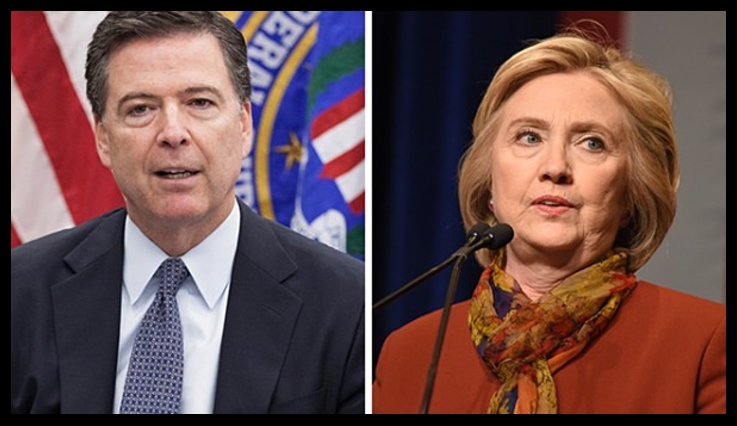
An annoying 48 billion robocalls were sent out to Americans last year, wasting people’s time and energy, while stealing personal information and scamming others out of their money. Legislators, government agencies and consumer advocacy groups have been clamoring for solutions.
Now, the Telephone Robocall Abuse Criminal Enforcement and Deterrence Act (TRACED) has passed the Senate with unanimous support. TRACED expands the powers of the FCC and heightens penalties for phone scammers who violate telemarketing restrictions. Repeat offenders could be slapped with a $10,000 fine under the new law. TRACED also gives federal authorities a three year window to prosecute scammers. A new interagency working group will be established to help deter robocalls. Federal agencies such as the FCC and FTC will be able to coordinate with the Department of Justice and Commerce, Homeland Security, and the Consumer Financial Protection Bureau, along with state attorney generals. The bill will effectively fight phone scammers in three ways. Calls will have to be authenticated, and there will be heightened enforcement and fines for scammers who violate the do not call list.
Senator Ed Markey (D-MA), a cosponsor of the proposed legislation, stated, “As the scourge of spoofed calls and robocalls reaches epidemic levels, the bipartisan TRACED Act will provide every person with a phone much needed relief."
Senator John Thune (R-SD) said that existing laws were inadequate for prosecuting scammers and only imposed penalties on lawful telemarketers who made mistakes. "The TRACED Act targets robocall scams and other intentional violations of telemarketing laws so that when authorities do catch violators, they can be held accountable," he says. The bill was cosponsored by Senator Roger Wicker (R-MS).
FCC to impose call authentication frameworks to stop phone scammers at the source
The FCC’s top consumer priority now is taking down illegal robocalls. FCC Chairman Ajit Pai said call authentication is necessary in order to give consumers confidence that they can answer their phones and trust the call. “By this time next year, I expect that consumers will begin to see this [call authentication] on their phones,” said Pai. Under TRACED, voice service providers will be required to implement call authentication frameworks in order to verify calls before they reach the consumer. Last year, the FCC uncovered one malicious operator who solicited 96 million automated calls; the perpetrator was slapped with a $120 million fine.
In 2018, robocalls were so common; they made up nearly 50 percent of all mobile calls that year. Robocalls have increased 46 percent from 2017 to 2018 and consumers are growing wary. This onslaught of spam is causing many people to stop answering the phone at all. Spammers will even use voicemail to coax consumers into calling them back. Scammers can mask their number and make it appear that a consumer is receiving a local call.
If the bill passes the House, the FCC will give voice service providers the legal authority to authenticate and block unwanted calls so that consumers will not be inundated by scammers from the onset.
Sources include:
Please contact us for more information.














